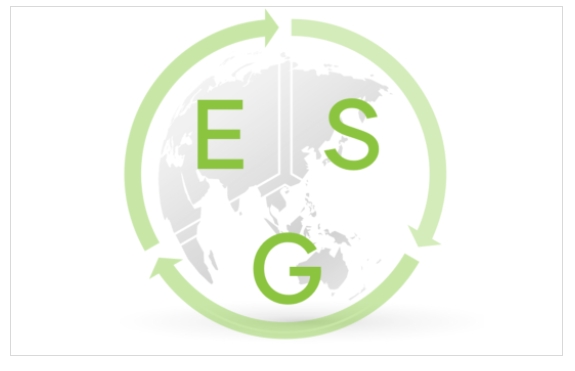
 WFA research finds 88% of large corporates have a Responsible Marketing Framework but they rarely cover all priority areas; marketing and children, influencer marketing, data ethics, diversity and inclusion, responsible media and environmental sustainability.
WFA research finds 88% of large corporates have a Responsible Marketing Framework but they rarely cover all priority areas; marketing and children, influencer marketing, data ethics, diversity and inclusion, responsible media and environmental sustainability.
While 87% say they are increasingly critical, only 47% link their frameworks to ESG goals.
Most of the world’s biggest companies have Responsible Marketing Frameworks in place and recognise their growing importance but few have policies which cover all key areas, according to new research from the WFA.
Eighty-eight per cent of companies have a Framework or set of policies in place and 87% agree they are critical to their longer-term licence to operate. However, they rarely cover all of the key areas identified by the WFA. The most covered areas are marketing and children (83%) and influencer marketing (75%). The least covered area is environmental sustainability (65%).
Key areas of priority in extending coverage in the next year include environmental sustainability (69%), diversity, equity and inclusion (61%), and responsible media and privacy and data ethics (both 58%).
Such frameworks are an essential element in ensuring that marketing teams have clear guidance on how to ensure that marketing is aligned with fast-evolving consumer and societal expectations. For example, 68% of brands address greenwashing in their marketing codes, 75% address Diversity and Inclusion and 79% mandate GDPR-like rules, even where it is not the law.
Half of respondents are embracing the opportunity of translating broader ESG goals into marketing through Responsible Marketing Frameworks. Ninety-four per cent of respondents say their company has environmental, social and governance (ESG) criteria and of those, 47% link their ESG criteria to their Responsibility Marketing Framework.
Respondents did identify the challenge of measuring compliance. Less than half (47%) of respondents have metrics to assess compliance with the frameworks as part of their marketing toolkit. One in five link such KPIs to salary.
The results are based on 51 respondents, a third of whom were global CMOs and the rest in senior global marketing, media and policy roles from 38 companies, representing around $95 billion in global marketing spend. Responses were collected in January and February 2023.
Sixty-seven percent of the time responsible marketing frameworks are owned or co-owned by the marketing team, often developed (80% of the time) with assistance from policy and legal departments. In 31% of the cases, the public affairs function is the ultimate owner or co-owner of the framework. This is also true for the legal function 24% of the time.
Responses often indicated areas for improved collaboration and communication across different functions. Fifty-one per cent of respondents are not aware if their company is a signatory of DEI industry commitments, 26% don’t know if their company is a signatory of the Global Alliance for Responsible Media and 23% don’t know if their company is linking their marketing policies to their ESG credentials.
Other key findings include:
Do no harm: Brands focus on avoiding the funding of harmful content rather than supporting the funding of “quality, positive content”. Half have internal criteria on when to pause spend on specific media or platforms and half have a dedicated brand safety officer and are signatories of GARM.
Sustainable pressure: 50% have ambitions to drive more sustainable consumer behaviours and half work with criteria relating to scope 3, which covers activities from assets not owned or controlled by the reporting organization, but that the organization indirectly affects in its value chain.
Approval processes: Nine in 10 have a fixed methodology and process to approve ads set out in their framework.
Can’t do this alone: Eight in ten (76%) of respondents extend their policies to their supply chains.
“Responsible Marketing Frameworks are a key enabler to deliver better marketing that drives sustainable growth; marketing that’s better aligned with what people and society want and expect from us but still delivers on the bottom line. The respondents to this survey are likely to represent the best in class and are already some way along this journey. The results highlight how important it is for all marketers to start building the frameworks that guide their behaviour across these six critical areas,” said Stephan Loerke, CEO WFA.
The WFA is currently working with CMOs and senior policy professionals on developing a Responsible Marketing Framework template covering all six key areas. The goal is to create a model that can be used and adapted by all WFA member companies to help ensure their frameworks and policies are comprehensive and aligned with best practice in all areas.
